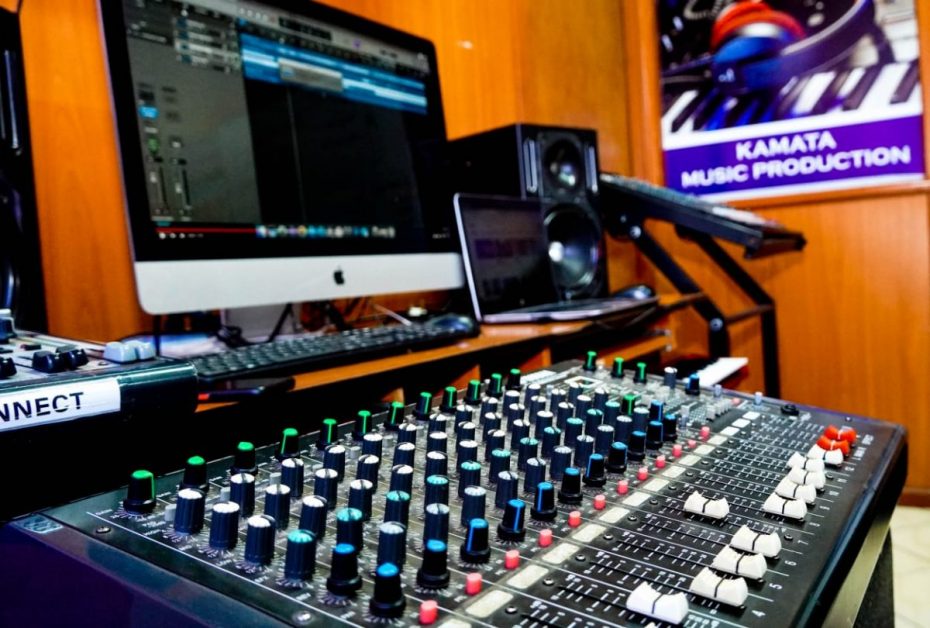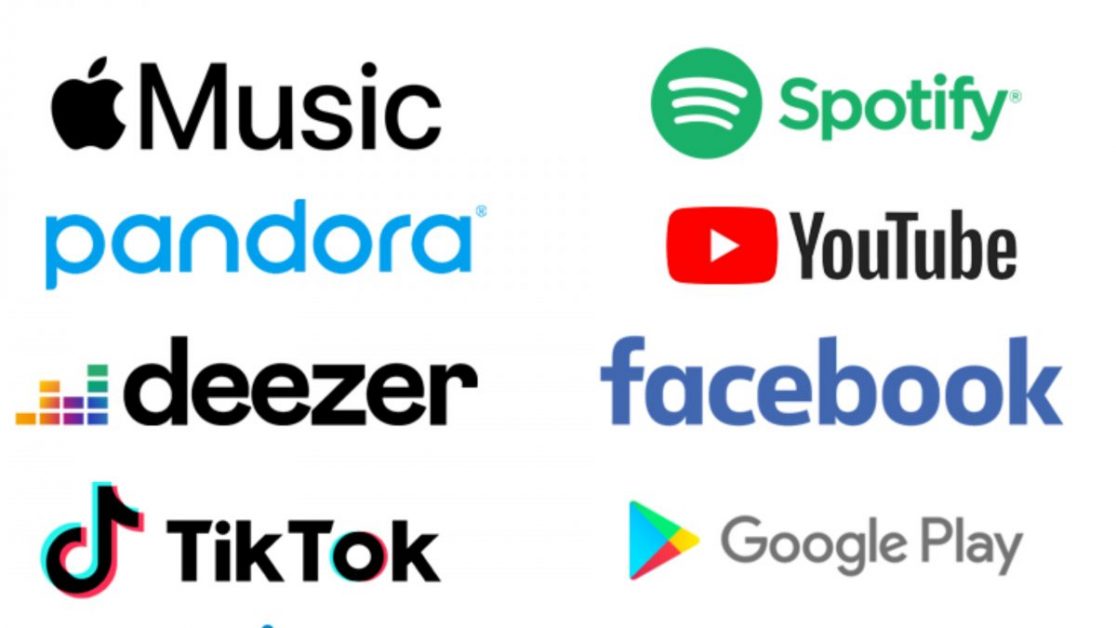
How does Music Distribution work?
How Does Music Distribution Work?
What Is Music Distribution?
Music distribution is the process of getting music from the artist to the public. The music can be put on digital or physical media.
Apart from the artist, there are other players involved in creating the music. Producers, promoters, engineers and others play a part in making the music available to consumers.
How Music Distribution Works
Distribution works a lot with contracts between the artist and the distributor. Music distribution companies sign deals with a record label or an individual artist. The deal gives rights to sell the artist’s or record label’s products.
Most distributors expect an artist/ label to offer them finished products. Some distributors offer marketing and distribution deals (M&D). In this type of agreement, the distributor pays for the cost of the product. They will recover their expenditure from early sales of the product.
In the 20th century, music distribution was a mess because of the illegal downloading of music. Artists would not earn from their products because of piracy. However, easy internet access has helped in correcting illegal downloading.
Digital streaming platforms like Spotify, Mdundo and Itunes have changed music distribution. Artists can now share their music without any middlemen involved. With the continuous growth, of digital use, digital music distribution is essential for artists.
How Does Digital Music Distribution Work?
Before easy access to the internet, distribution was an agreement between the distributors and artists. Digital distribution means, intermediaries have no involvement in the distribution of music by the artist. It has freed the artist from using physical copies like CDs and cassettes.
Why Do People Start Music Distribution?
-
Distributing to Digital Service Providers
There are many digital platforms a fan base can access music. For example:
- Spotify
- Youtube Music
- Boomplay
- Soundcloud
- Mdundo
Most digital service providers (DSPs) do not allow uploads directly from the artist. Why? DSPs check on quality control and payout distribution called royalties.
Royalties are the payments an artist gets when his or her music is downloaded or played.
Music streaming platforms have many artists. As a result, paying them becomes a lot of work. For example, Spotify alone has an estimated 11 million artists. Additionally, 1.8 million songs are uploaded on the platform annually. The DSP reports all earnings 3o days or more each month. They then send the payments out about 30 days after saying the earnings. Without a distributor, this can be a lot of administrative work.
In Kenya, organisations like MCSK ( Music Copyright Society Of Kenya) collect royalties on its members’ behalf.
The role of a distributor is to get the music from the artist and get it into the streaming platforms. A distributor will then aggregate the payments made and give the money to the artist. If an artist is signed to a record label, the record label will do the distribution for them. If the record label does not have a direct licence to a DSP, the label distributor will do the licencing and distribution to the platforms.

-
Marketing
Just like any other business, the music industry needs marketing. Artists should think of their releases as products. Good music sells faster. The distributor helps the artist market their product through promotions and other different forms.
Many DSPs use algorithms that match artists with users. There is no way a DSP can deal with the artist directly. This is because of the high number of artists they have. In most cases, the distributor contacts the DSP to push the artists’ products.
How To Start Your Own Music Distribution Company
1. Establish why you want to start
The music industry in Kenya is very competitive. It will take a lot of work and patience before you make a profit. Before starting your own music distribution company, understand what it takes to be one. Additionally, you need to start getting involved in the local music industry and study how it works.
2. Study the industry
To become successful in distributing music, it is important to understand how the industry works, not only with your own business but with other companies as well. Understanding what’s happening in the music industry is vital if you want to be successful in any respect of your life and business. Also, take an entertainment business course to broaden your knowledge of the entertainment industry.
3. Understand your roles
If you want to start a music distribution company, there are many duties that you can expect from your job. Some of these include:
- Negotiating contracts for distribution, licencing, publishing, and recording
- Distributing recordings to DSPs
- Managing payments to your clients and artists
- Running marketing campaigns
4. Do market research
If a market does not exist, there is no need for your product. This means that you are wasting resources and need to find a way to change your business plan. Market research will help you learn more about who requires your product and what they are willing to pay for it.
5. Identify potential business threats
Business plans will help you identify possible threats to your business. You can protect yourself against these threats by knowing what mistakes potential investors make in their businesses. Knowing how other companies have failed and where they went wrong, you can avoid them being the same way.
6. Networking
Once you are a business entity, you have a website, and you have some music to distribute, you will need somewhere for it to go. And so begins the endless and often tricky task of networking with the stores and DSPs you want to host your music. This guide will show you how to get started!
Although the music industry has transformed drastically in the past few years, it’s still important for someone to step in and distribute music. Even musicians and record labels who can afford to self-distribute still need distributors. This is because not every artist wants to take on the task of distributing their work. For this reason, a distributor will often partner with labels to create an efficient distribution plan.
Please follow us on:

0 comments
Write a comment